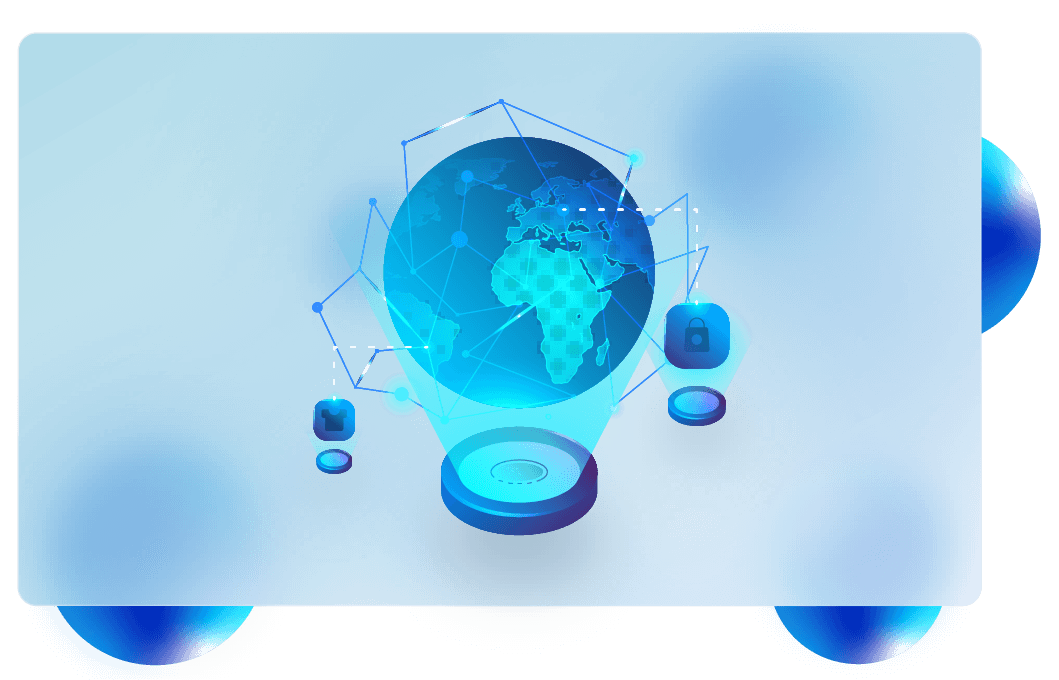Global System Integrators (GSIs) are at the forefront of digital transformation, pioneering the integration of advanced ID verification technologies to enhance security, efficiency, and user experience. As businesses worldwide continue to digitize their operations, the demand for robust identity verification (IDV) solutions has never been higher. These solutions are critical in combating the ever-evolving landscape of cyber threats, including identity fraud and scams, which cost billions annually and affect millions globally.
The Evolution of Identity Verification Technologies
Recent years have seen a significant shift in how identity verification is conducted, with a move from manual checks to more sophisticated, automated systems leveraging artificial intelligence (AI), machine learning (ML), blockchain, and advanced biometrics. This transition is fueled by the need to address the increasing sophistication of fraud, particularly in the context of deepfakes and synthetic identity fraud.
Current Trends in ID Verification
- Advanced Biometrics: Traditional methods like fingerprints and facial recognition are being augmented with more secure and less invasive technologies, such as voice, gait analysis, and even vein or retinal scanning.
- AI and Machine Learning: These technologies have become indispensable in analyzing vast amounts of data to detect fraud patterns and suspicious behaviors, enhancing the accuracy and effectiveness of fraud detection and prevention measures.
- Blockchain-based Solutions: By decentralizing identity verification, blockchain technology offers an additional layer of security, making it harder for fraudsters to manipulate or counterfeit identities.
- Regulatory Changes: As digital transactions become more prevalent, governments worldwide are implementing stricter regulations to ensure the protection of user data and privacy. This trend is expected to continue, with regulations becoming even more robust.
- Digital Identity and Decentralized Identity: The industry is moving towards universal digital identities that could streamline verification processes. However, challenges such as global acceptance and integration, as well as trust issues associated with blockchain, remain.
- Increased Use of eIDAS and SSI: In the EU, regulations like eIDAS 2.0 are setting new standards for digital identity, enabling secure cross-border transactions and services. Additionally, Self-Sovereign Identity (SSI) frameworks are gaining traction, allowing individuals to control their digital identities fully.
Implications for Global System Integrators
For GSIs, these trends offer both opportunities and challenges. As integrators, they need to stay abreast of the latest technologies and regulatory changes to deliver solutions that are not only compliant but also offer a competitive edge in terms of security and user experience. Furthermore, the push towards digital and decentralized identities requires GSIs to navigate a complex landscape of standards, technologies, and customer expectations.
IDcentral’s Biometric Identity Verification Solution
For businesses looking to navigate the complexities of digital transformatwion and identity verification, the IDcentral IDV Platform offers state-of-the-art features and biometric technologies designed to meet these challenges head-on. With advanced features such as multi-factor authentication, biometric analysis, and AI-powered fraud detection, IDcentral provides a comprehensive solution for modern ID verification needs.
By leveraging the latest in ID verification technology, GSIs can help businesses enhance their security, improve customer experience, and comply with evolving regulatory requirements, paving the way for a more secure and efficient digital future.
Uncover IDcentral IDV Platform’s Advanced Features and Biometric Tech Request a demo
IDcentral is the next-generation digital identity platform, that helps businesses across various domains to increase their profitability and reduce risk. IDcentral forays Subex’s vision to expand Digital Trust business beyond its core area of interest ‘Telecom’.
